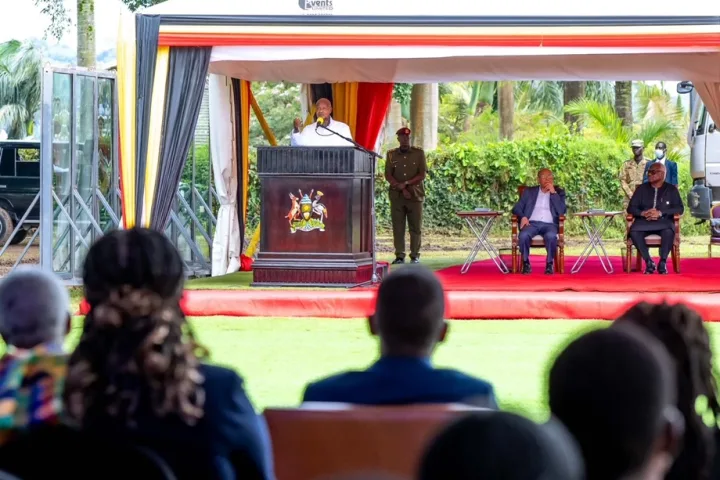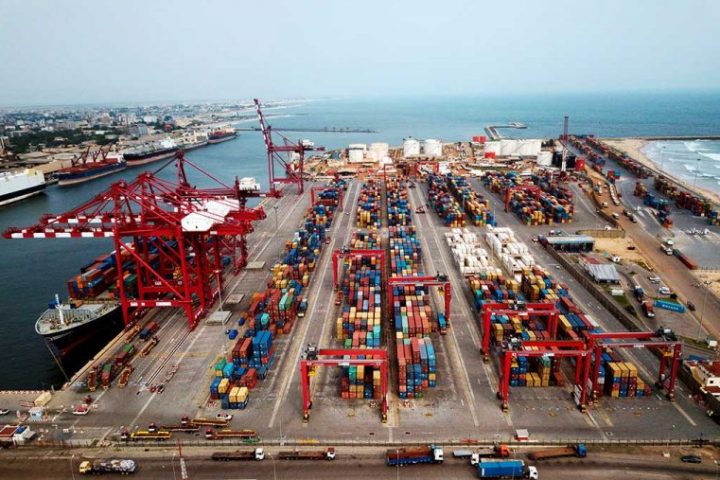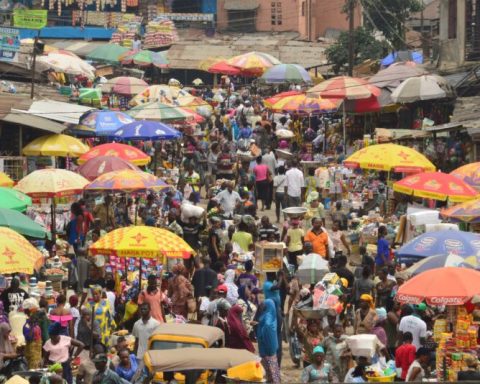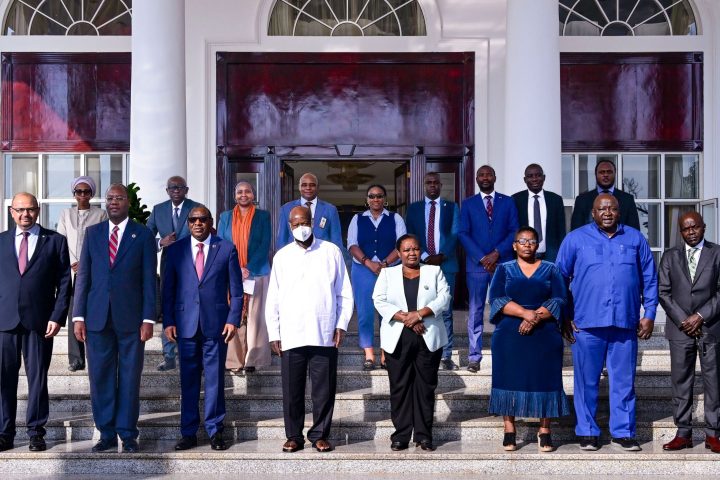Renowned investigative journalist, David Hundeyin, has blown the lid off the pervasive and damaging influence of Non-Governmental Organisations (NGOs) in Africa.
In a scathing exposé, Hundeyin argues that the proliferation of NGOs has led to a form of “hybrid warfare” that undermines the continent’s economic development and national security.
Join our WhatsApp ChannelAccording to Hundeyin, NGOs have created a culture of dependency, where locals are more focused on securing grants and funding from foreign organisations rather than developing innovative solutions to Africa’s problems.
He cites examples from various sectors, including tech, journalism, agriculture, education, and real estate, where NGOs have distorted the market and hindered progress.
Hundeyin’s post on X reveals that many NGOs are more interested in promoting the interests of their foreign funders than in addressing the real needs of African communities.
He notes that the influx of foreign government money has created a class of NGO staff who earn exorbitant salaries, further exacerbating income inequality and distorting national economies.
REAF ALSO: Sweden’s Digital Shift: Lessons For Africa In Embracing Technology Responsibly
The controversial journalist argues that the ‘NGO-isation’ of African economies has led to a lack of innovation and entrepreneurship, as locals are discouraged from developing their own solutions to problems. Instead, they are encouraged to rely on foreign funding and expertise, which undermines Africa’s economic independence.
Hundeyin concludes that NGOs and foreign government funding pose a critical national security threat to Africa. He advocates stricter oversight and regulation of NGOs, as well as caps on staff salaries to prevent the distortion of national economies.
Prime Business Africa reports that the investigative journalist’s submissions have sparked a heated debate about the role of NGOs in Africa and their impact on the continent’s development. As the social media post gains traction, it remains to be seen how governments, NGOs, and local communities will respond to these pressing concerns.


















